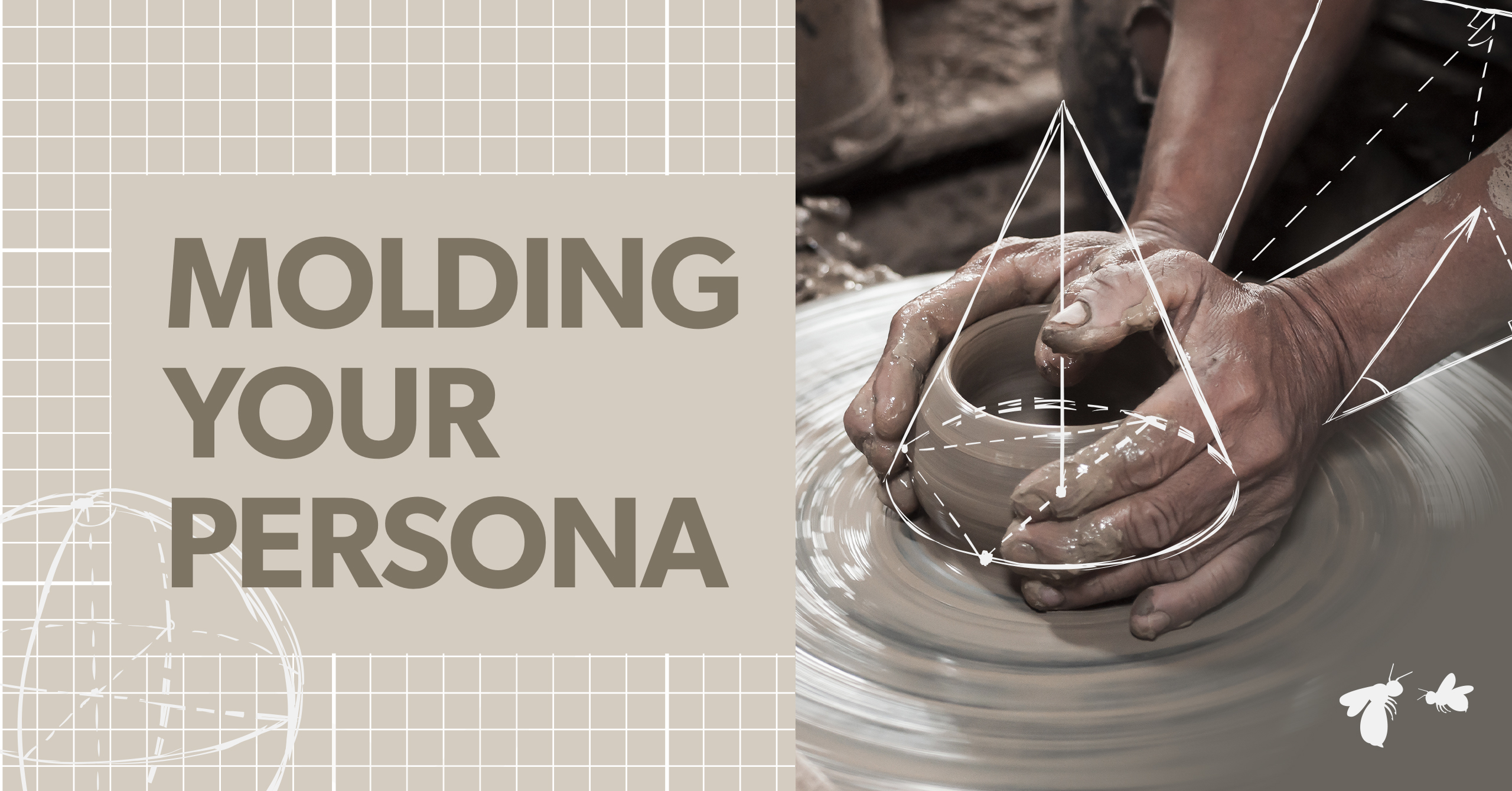Molding Your Persona

These days, everyone brands themselves—whether they know it or not. From the use of their strategically chosen Instagram posts to the voice and messaging that is projected in their comments. Brand or not, we are all careful in shaping our persona.
Knowing how you present yourself to the public is important, but it is vital to know who you truly are as well. In today’s culture, society can be swayed into supporting or boycotting celebrities and other individuals based on whether their philosophy aligns with their own. The same goes for companies. Although we might have an inkling of what our brand’s philosophy may be, it is important to have a solid understanding of it to create an authentic persona that will align with an audience, who ultimately is then able to better connect with our services or goods.
Brand Philosophies are on the Rise
Our current culture has brought major social issues to the spotlight, but it’s also enabled businesses to adapt their messaging to connect with consumers’ consciences. We’re seeing businesses quickly step into social justice conversations, taking advantage of opportunities to respond to issues and morph their messaging to better align with their audience’s beliefs.
The problem is, not all of these attempts are successful or authentic to the core philosophies that form the brand. Audiences are slowly becoming more aware of this by looking into the real history of a company’s behavior. Building an authentic persona that everyone within the company can align themselves with will help create a distinct brand voice and develop a set of values that your targeted audience can believe in—but that persona has to align with the core of who your brand really is.
Aligning Who You Are and What You Say
For some, simply reflecting may be enough to know who they are and the image they want to project. Personally, I am continually examining what my own individual brand represents. Just like the companies that rush to respond to situations, many times we as individuals seem to live life with that same attitude, quickly shifting our stances based on a given situation.
As a visual designer, brand voice has always been the biggest hurdle of forming a persona for me. It’s something I often thought would come naturally (and, to some extent, it should come naturally in order to be authentic). Still, I’ve come to the realization that I am constantly finding out who I am at a personal level, reevaluating what I stand for and what I am willing to fight for with every new social justice development. It’s only natural for brands to experience this same sense of identity crisis.
At BatesMeron, we’ve developed extensive activities and discovery questions which have helped us successfully position clients within their industries and provide them with the edge and talking points to set them apart from their competitors. We build out guidelines that help employees understand their brand’s core (what they offer the world) and cause (why they are passionate about their offering) to helping shape the future of their company. At smaller organizations, or on a personal scale, this requires really digging deep and assessing who we are at our core—which sometimes has us honestly answering questions we normally don’t find ourselves asking.
Questions to Get to Your Brand’s Core
I’ve begun making a list of some general questions to guide my own personal brand voice and philosophy. I plan to revisit these questions frequently to see if my answers continue to hold true, standing the test of time to become a core part of who I am. Asking the right questions is key to reflecting on the past, finding what inspires us, exploring what causes us to have an emotional reaction and looking into the type of persona we ideally would like to represent. Thus far, questions on my list span:
What has kept me motivated?
What causes personally affect me?
What causes do I have a strong opinion on?
Which causes do I lack an understanding of?
Looking back at a really difficult situations in my life, what helped me overcome them?
For a visual person like myself, it can be tempting to skip the process of asking personal questions and go straight to working on your visual brand. But without a solid understanding of who we are and what we support, our work and messaging won’t be able to bolster our brand identity, no matter how visually stunning. Similar to brand style guides, having a clear philosophy will ensure that your target audience can trust that you mean what you say and have a personality that aligns with theirs.
Shoot us an email at heyyou@batesmeron.com and we’ll help you ensure that everyone knows what you stand for!
6 Questions for: Tony Abruscato
What We Did Over Our Summer Vacation










